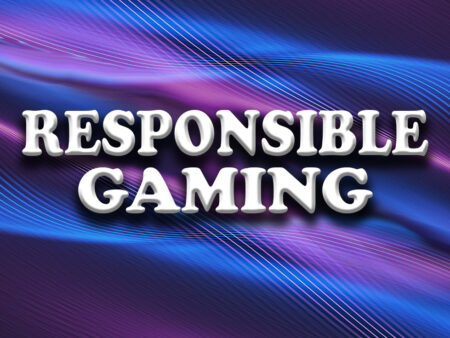
Gambling addiction is a complex issue with emotional roots that can have significant impacts on your life. It’s crucial to understand the depth of its impact on personal and financial levels. Here’s a closer look at this problem through a lens that focuses on the facts, challenges faced by many individuals, and the optimistic possibilities of managing and overcoming this addiction.
Overview of Online Gambling
Online gambling has revolutionized the way we engage with this age-old pastime. With the advent of online banking, accessibility to gambling platforms has become incredibly easy. Online gambling is omnipresent, allowing you to participate from the comfort of your home or on the go. Despite the potential pitfalls, the online gambling industry represents a significant portion of the entertainment sector. Understanding that gambling addiction is an emotional struggle is key to addressing the core issues rather than just the financial symptoms.
The Rise of Online Gambling
Many things contribute to the rise of online gambling. Some of them are:
Convenience: The convenience of online banking has fueled the growth of internet-based gambling. Since one can stay in his comfort and transact money with another person or for a product, one can equally place a bet online from his comfort with his digital devices.
Easy monetary transaction: Global growth in this sector is anticipated due to the ease of monetary transactions online. In a few clicks, a gambler can make deposit and withdrawal transactions in and from an online casino.
User-friendly interface: This is another factor that contributes to the rise of online casinos. Navigating the websites is easy and one does not need to be a tech guru to access and explore the games.
Lack of offline jobs: Many people are pushed to online gambling because they are looking for ways to make money.
The rise of online gambling has equally contributed to gambling addiction and other negativities. Awareness and regulation are essential in keeping the negative implications of online gambling under check.
Addressing the Billion Dollar Industry
The staggering size of the gambling industry means that it holds substantial influence over media and culture. Here is what you should know:
With proper oversight and responsible gaming practices, the industry’s impact can be more balanced and less detrimental.
Being aware of the industry’s magnitude can encourage responsible consumer behavior.
Recognizing the Emotional Underpinnings
Here is what you should know:
It’s important to acknowledge that behind every compulsive gambler, there’s an underlying emotional quest.
Recognizing gambling addiction as an emotional issue can lead to more effective treatment strategies.
Education and support systems are critical for individuals seeking help.
Men vs. Women: Gambling Addiction Disparity
Studies indicate that gambling addiction often affects men more than women. Knowing that different genders may experience and respond to addiction in varied ways can facilitate gender-responsive treatments.
Personal and Financial Recovery
Here is what you should know:
Recovery from gambling addiction is not solely about financial stability.
Rehabilitating relationships and professional life is also paramount.
There are dedicated programs and facilities designed to help individuals recover holistically.
Support from friends, family, and professional services is an invaluable aspect of the recovery journey.
While the challenges posed by gambling addiction are real and serious, hope and help also abound. By recognizing the issue’s emotional roots, embracing the need for a multifaceted approach, and leaning on the support of the dedicated treatment facilities and communities, recovery is not just possible – it’s within reach.

Edward Robinson believes gambling can be enjoyable but urges caution. His insights focus on the psychology of betting, healthy habits, and recognising when it’s time to seek help.
More about Edward Robinson
Age: 48
Experience: 20+ years in responsible gambling advocacy and research
Background: Former social worker, now heads a respected non-profit organisation
Hobbies: Bird-watching, volunteer work, and a keen interest in psychology
Residence: Cambridge
Marital Status: Divorced, shares custody of his teenage son


